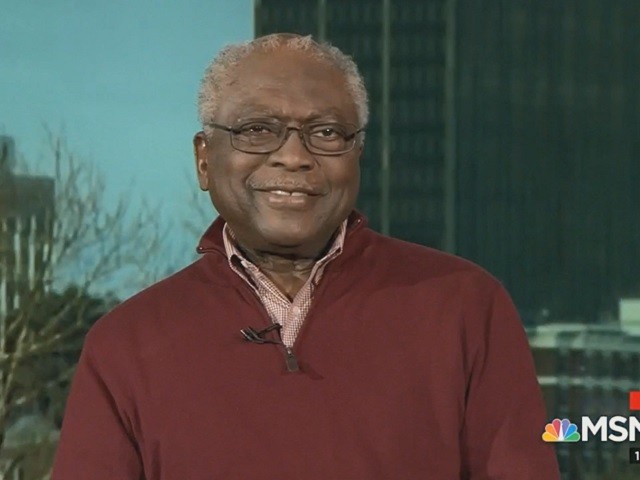On a recent episode of NewsNation’s “The Hill,” Representative James Clyburn (D-SC) delivered a provocative suggestion regarding the political climate in the United States. He indicated that President Joe Biden should consider issuing preemptive pardons to several high-profile figures, specifically President-Elect Donald Trump, former Congresswoman Liz Cheney, Special Counsel Jack Smith, and Dr. Anthony Fauci. Clyburn’s rationale stems from a desire to foster unity and a functional government rather than being embroiled in ongoing political conflicts. He believes that focusing on potential legal actions or ongoing investigations related to these individuals could hinder the government’s ability to serve all Americans effectively.
When pressed by host Mike Viqueira about whether he had directly encouraged President Biden to take such action, Clyburn clarified that he had not spoken to the President personally. However, he did share his views with Biden’s staff, emphasizing the need for a political environment that prioritizes governance over continued controversies, especially those surrounding Trump. Clyburn emphasized that the political landscape should move beyond this seemingly endless cycle of accusations and defenses that could distract lawmakers from pressing national issues.
In Clyburn’s view, the idea of preemptive pardons would serve to “clear the air” in the United States. He argued that the country cannot afford to have its leadership mired in distractions caused by ongoing political scandals or personal vendettas. By extending pardons, the government could signal a willingness to move forward collectively, rather than remain trapped in disputes that could further polarize the nation. This call for forgiveness and reassessment of priorities aligns with a larger narrative of healing in a politically fractured environment.
The conversations surrounding potential pardons invoke memories of prior presidential actions that sought to quell division and move past contentious legacies. Clyburn’s discussion indicates a shift in strategy—moving from punitive measures to those focused on reconciliation—and suggests a desire to set a precedent for cooperation. The notion of clemency extends beyond Trump to include Cheney, Smith, and Fauci, reflecting a broader understanding of the adversities faced by public servants who may have made unpopular decisions in service of their roles.
Critics might argue that preemptive pardons could undermine accountability by sending a message that political power can erase consequences for questionable actions. However, Clyburn seems to believe that the cost of ongoing conflict—both in legal terms and political discourse—outweighs the value of accountability in this instance. By advocating for such pardons, he raises a critical question about the balance between governance and justice and whether the country can benefit more from collaboration than contention.
In conclusion, Clyburn’s proposition for preemptive pardons encompasses a strategic move toward national healing and political pragmatism. It underscores a desire to navigate beyond the turbulence of recent years and focus on unifying the country through effective governance. By encouraging the Biden administration to consider such actions, Clyburn invites a broader discussion on how the political landscape can shift to facilitate progress rather than impede it through relentless division and distraction.

